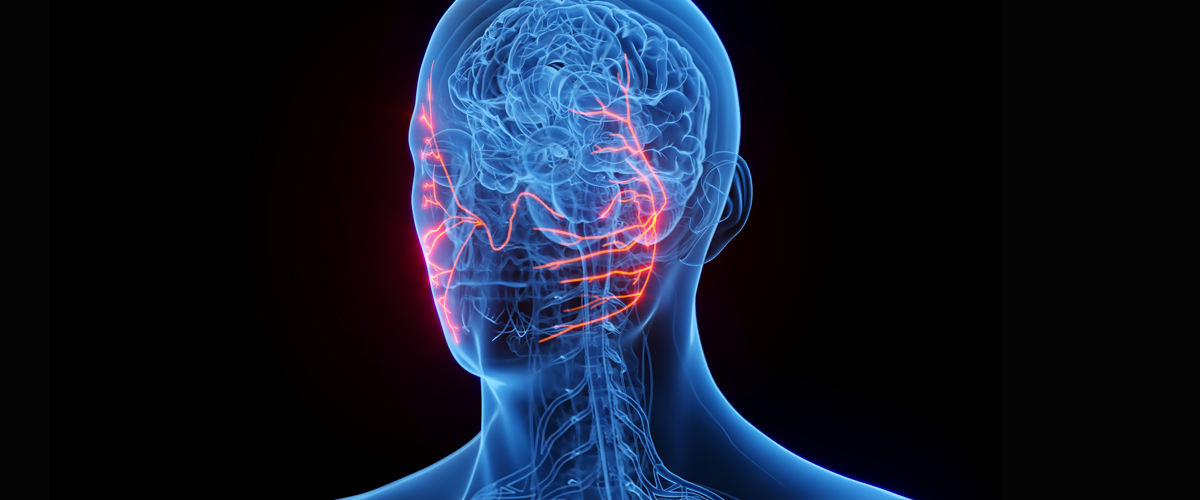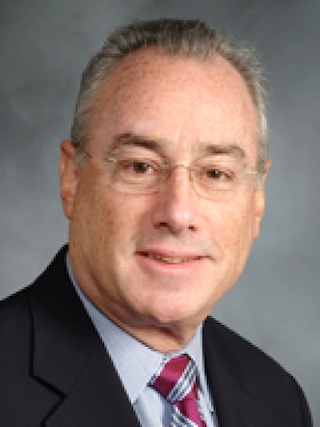What is Ramsay Hunt Syndrome?
A neurologist explains the causes, symptoms, and treatments of this rare condition linked to the chickenpox and shingles virus.

Ramsay Hunt syndrome is a neurological condition associated with the virus that causes chickenpox and shingles, affecting the facial nerves and causing weakness or paralysis in the face. The condition is rare — impacting approximately five out of every 100,000 people, according to the National Organization for Rare Disorders — but gained attention when pop singer Justin Bieber recently updated fans on his progress after being diagnosed in June of last year.
Health Matters spoke with Dr. Matthew Fink, neurologist-in-chief at NewYork-Presbyterian/Weill Cornell Medical Center and chair of the Department of Neurology at Weill Cornell Medicine, to learn more about the causes, symptoms, and treatments of Ramsay Hunt syndrome.

Dr. Matthew Fink
What causes Ramsay Hunt syndrome?
Dr. Fink: Ramsay Hunt syndrome is caused by the varicella zoster virus (VZV), the same virus that causes chickenpox and shingles. The virus can remain dormant in the nervous system for years — long after a person has recovered from chickenpox — but can reactivate if a person is even temporarily immunocompromised. Most typically, this re-emergence will cause shingles, but if the virus spreads to the nerves in the face, the result is Ramsay Hunt syndrome.
What are the signs and symptoms of Ramsay Hunt syndrome?
The most notable sign is pain around the ear, followed by a rash near the ear that occurs at the same time facial paralysis starts to develop. It is important to call your doctor immediately if you experience these symptoms and you had chickenpox as a child. If it turns out you’re experiencing Ramsay Hunt syndrome, you’ll want to seek treatment right away.
How is this condition diagnosed and treated?
Most of the time, a neurologist can diagnose Ramsay Hunt by doing a careful physical examination. When in doubt, your doctor might recommend an MRI to scan the brain and view the actual nerves. This testing will help rule out other problems, such as a tumor which could be pressing on the facial nerve or changes on the MRI that could indicate a stroke.
Once diagnosed, your doctor will likely prescribe an anti-viral drug such as acyclovir or valacyclovir, or an anti-inflammatory medication such as prednisone. While the condition is not fatal, if left untreated, some patients may suffer permanent facial paralysis or hearing loss. That said, if medication is administered within the first two days of symptoms, there is an improved chance of a rapid and successful recovery.
What does recovery look like?
Most patients recover full functional movement of their face and everyday activities within six months, though sometimes recovery can take up to a year. There are, however, cases where patients still experience symptoms after a year, at which point your doctor might suggest a procedure to help you recover normal facial movement. One such option is called nerve transposition, in which nerves are moved from one part of the face to another. That said, once resolved, the condition almost never resurfaces, so we consider Ramsay Hunt syndrome to be a one-time event.
Who is most at risk?
People over the age of 50 are most at risk because it’s likely they had chickenpox before a childhood vaccine was made available, plus our immune system weakens as we age. We recommend that anyone 50 and older get the shingles vaccine, and if they have children, to get the chickenpox vaccine when their children do. The best way to prevent Ramsay Hunt syndrome is to get vaccinated against the virus that causes chickenpox and shingles.
Additional Resources
For more on neuroscience services at NewYork-Presbyterian, visit www.nyp.org/neuro.
